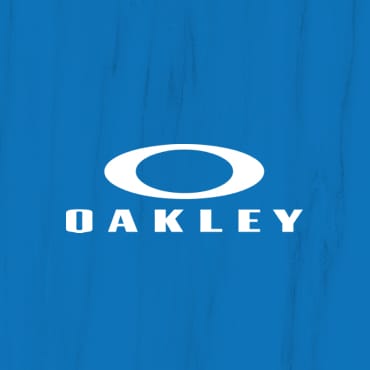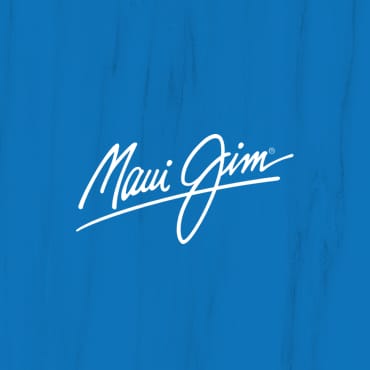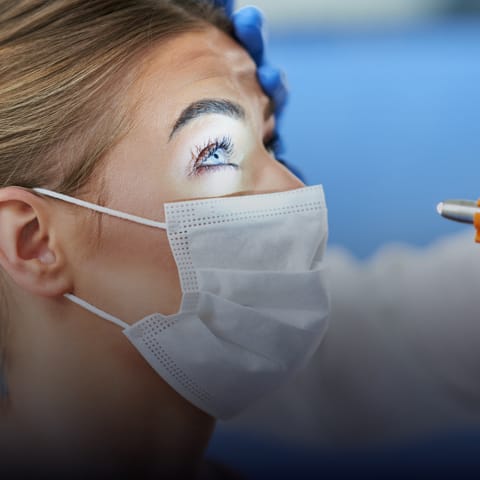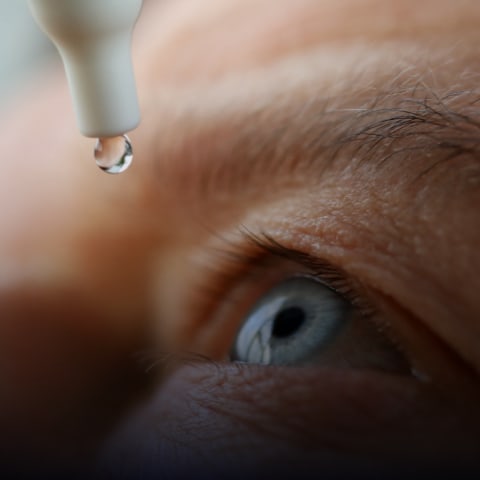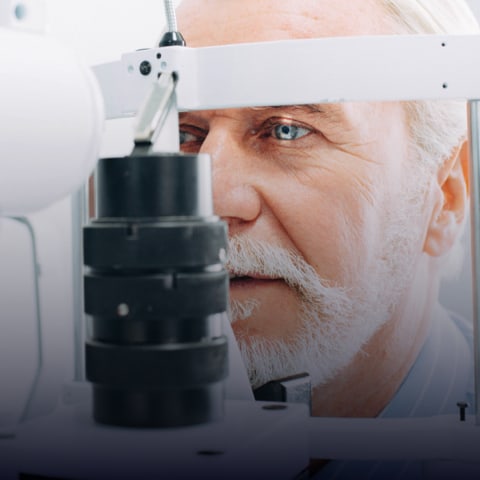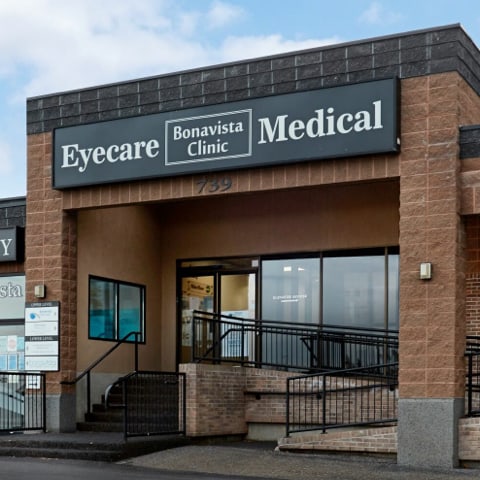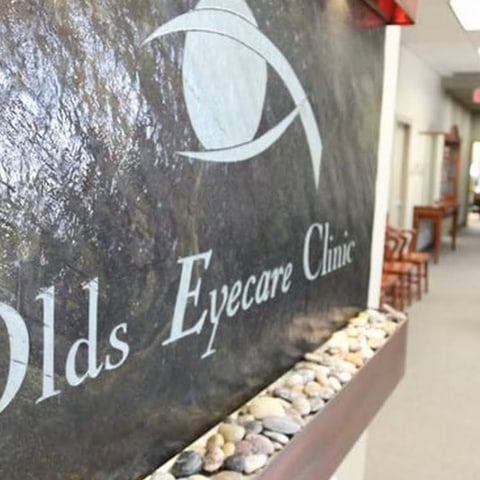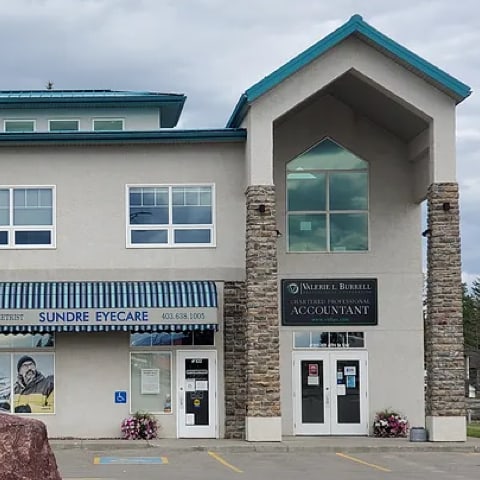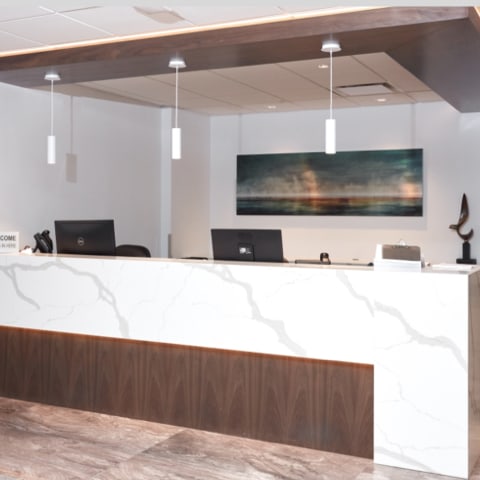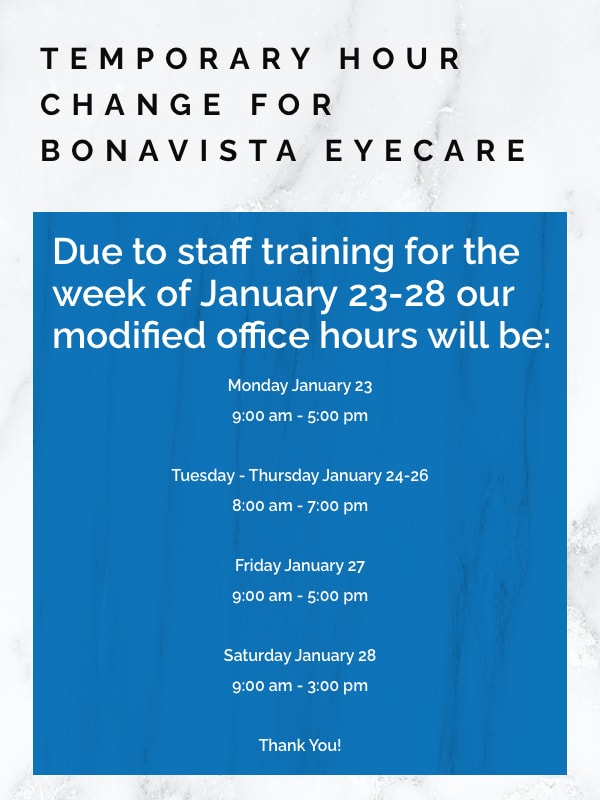
Correcting Vision Through Surgery
Eye surgery to correct vision can make your daily visual experience more convenient. For patients dependent on eyeglasses or contact lenses, laser eye surgery may have many benefits.
Our eye doctors are up-to-date on the latest technologies and procedures. We can help direct you to the treatment that best suits your eyes and vision. Your pre-operation assessment and follow-up appointments can be made at any of our clinic locations for your convenience.
Talk to us today and discover if you’re a good candidate for surgical correction.

Types of Eye Surgery
When most people hear “eye surgery,” they probably think of LASIK. But did you know there are multiple types of surgeries available to correct your vision?
Laser eye surgery is a popular option for vision correction, but it’s not the only option. Your eyes are unique, and so are your vision needs. By booking a consultation before surgery, we can help you understand your surgical options, likely outcomes, and plan for aftercare.
LASIK has become synonymous with laser eye surgery, but PRK came first. Most laser eye surgeries in Canada are based on either LASIK or PRK, with similar procedures and outcomes. However, lasers are not the only way to go. RLE can help patients who are not candidates for laser eye surgery, particularly patients with presbyopia or cataracts.
Laser eye surgery corrects refractive errors, including myopia (nearsightedness), hyperopia (farsightedness), and astigmatism. Results and initial recovery time for LASIK, PRK, and RLE can be similar, but the procedures, risks, and complications differ.
Our eye doctors assess your eye health and discuss your lifestyle to determine the best fit for your eyes. Then, after surgery, we help you maintain healthy vision by watching for changes to eye health and visual abilities.

LASIK
Laser-assisted in situ keratomileusis (LASIK) was introduced in the mid-90s and has become the most popular choice for laser eye surgery.
During the procedure, the surgeon cuts a flap in the cornea, folding it away, then uses a computer-guided laser to remove tissues. The surgeon removes a minimal amount, only enough to reshape the cornea for vision correction.
It typically takes 10–20 minutes to perform LASIK on each eye. After the tissue is removed, the flap is returned to its original place. The flap incision heals quickly, with full recovery within 2–3 months.
Patients can return to most daily activities within 3 days and resume strenuous or contact sports within 4 weeks.
Some risks of LASIK include:
- Dry eyes
- Corneal ectasia
- Corneal infection
- Halos & glare at night
Another possibility is vision regression, where the eye reverts to its previous refractive error. Patients may need a second operation (an “enhancement”) or wear eyeglasses or contacts. The regression may be slight or severe. Regular followup with our optometrists can help you keep track of regression and help patients maintain comfortable vision.
PRK
Photo-refractive keratectomy (PRK) was introduced in the early 90s. Instead of cutting a flap in the cornea, PRK removes the outer layer (epithelium) with a surgical blade or blunt instrument. Then, the surgeon uses the computer-guided laser to remove a minimal amount of tissue under the cornea’s surface.
As PRK removes the outer layer, rather than creating an incision, it reduces the risk of infection but can increase healing time. Patients can experience discomfort or pain up to 3 days after surgery. Most patients complete initial healing in 1 week and full recovery after 3 months.
With PRK, the risks include:
- Pain (moderate to severe) for the first few days
- Hazy vision during the healing process
- Corneal infection
- Vision regression
Vision regression can occur with LASIK, PRK, or any laser eye surgery, as the eye tissues can change. Although uncommon, the eye can regress to its previous refractive error within 6 months. If vision regression occurs, the patient may need a second operation (typically called an “enhancement”) or may need to wear eyeglasses or contacts.
RLE
Refractive lens exchange (RLE) is corrective surgery for patients with myopia (nearsightedness) or hyperopia (farsightedness). It can be an alternative for patients who are not good candidates for laser eye surgery. It’s the same procedure as cataract surgery, except it’s performed in patients who do not have cataracts.
RLE surgery replaces the natural eye lens with an artificial lens, called an intraocular lens (IOL). It can benefit patients in the early stages of cataract development. IOLs also prevent future development, as they are artificial and cannot develop cataracts.
The procedure typically takes 15 minutes per eye. Only 1 eye is done per appointment, allowing the first eye time to heal, typically 1 week. Most patients can return to normal activities 1 week after surgery. However, as the procedure is more invasive than laser eye surgery, there are slightly higher risks, including:
- Retinal detachment
- Dislocated IOL
- Increased eye pressure
- Glare or halos around lights
Our eye doctors are available for patients pre-surgery, post-surgery, and years after to help with any potential complications. While many patients can achieve clearer vision without problems, we can help protect your eye health and vision long-term.
Stay Informed About Your Eye Care Options
Patients need support before and after eye surgery. Our eye care team can provide the information and care you need to maintain healthy vision. A consultation can help you understand your options and determine if you’re a good candidate. It’s also a chance to ask questions and stay informed about your eye care options.
After surgery, we will be here for your life-long vision needs. Contact us for a consultation.

Our Locations
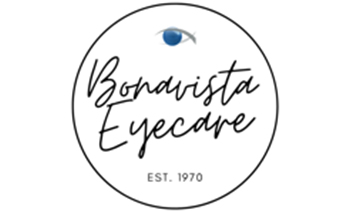
Calgary
Find us steps away from Lake Bonavista across from Lake Bonavista Promenade. Please give us a call if you have any trouble finding us.
Please note that our hours may change on long weekends, holidays and for summer hours.
- 739 Lake Bonavista Drive SE
- Calgary, AB T2J 0N2
Hours
- Monday: 9:00 AM – 5:00 PM
- Tuesday: 7:00 AM – 8:00 PM
- Wednesday: 7:00 AM – 8:00 PM
- Thursday: 7:00 AM – 8:00 PM
- Friday: 9:30 AM – 5:00 PM
- Saturday: 9:00 AM – 3:00 PM
- Sunday: Closed Sunday. Please note that our hours may change on holidays, long weekends, and for summer hours.
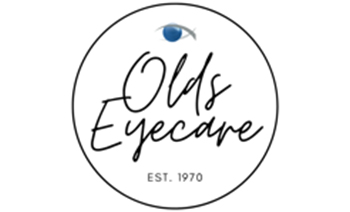
Olds
Find us at the corner of 50 Avenue and 52 Street. Don’t hesitate to give us a call if you have any trouble finding us.
Please note that our hours may change on long weekends, holidays and for summer hours.
- 5202 50 Ave
- Olds, AB T4H 1G9
Hours
- Monday: 9:00 AM – 5:00 PM
- Tuesday: 9:00 AM – 5:00 PM
- Wednesday: 7:00 AM – 7:00 PM
- Thursday: 9:00 AM – 5:00 PM
- Friday: 9:30 AM – 5:00 PM
- Saturday: 9:00 AM – 3:00 PM
- Sunday: Closed Sunday. Please note that our hours may change on holidays, long weekends, and for summer hours.
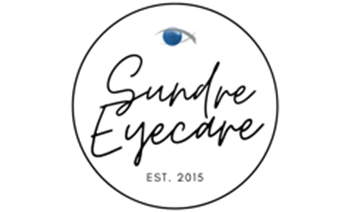
Sundre
Find us on 6 Street just off Cowboy Trail. Don’t hesitate to give us a call if you have any trouble finding us.
Please note that our hours may change on long weekends, holidays and for summer hours.
- 101 6 St SW
- Sundre, AB T0M 1X0
Hours
- Monday: 9:00 AM – 5:00 PM
- Tuesday: 9:00 AM – 5:00 PM
- Wednesday: 9:00 AM – 5:00 PM
- Thursday: 9:00 AM – 5:00 PM
- Friday: 9:00 AM – 5:00 PM
- Saturday: Closed
- Sunday: Closed Sunday. Please note that our hours may change on holidays, long weekends, and for summer hours.
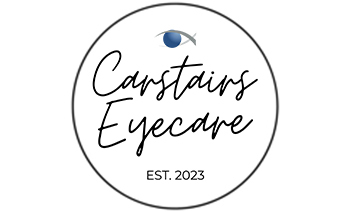
Carstairs
Find us north of the Credit union in the same building as Mountain View Smiles Dental Clinic.
Please note that our hours may change on long weekends, holidays and for summer hours.
- 208 10th Ave Unit 1
- Carstairs, AB T0M 0N0
Hours
- Monday: 9:00 AM – 5:00 PM
- Tuesday: 9:00 AM – 5:00 PM
- Wednesday: 9:00 AM – 5:00 PM
- Thursday: 9:00 AM – 5:00 PM
- Friday: 9:00 AM – 5:00 PM
- Saturday: Closed
- Sunday: Closed Sunday. Please note our hours may change for long weekends, holidays and for summer hours.
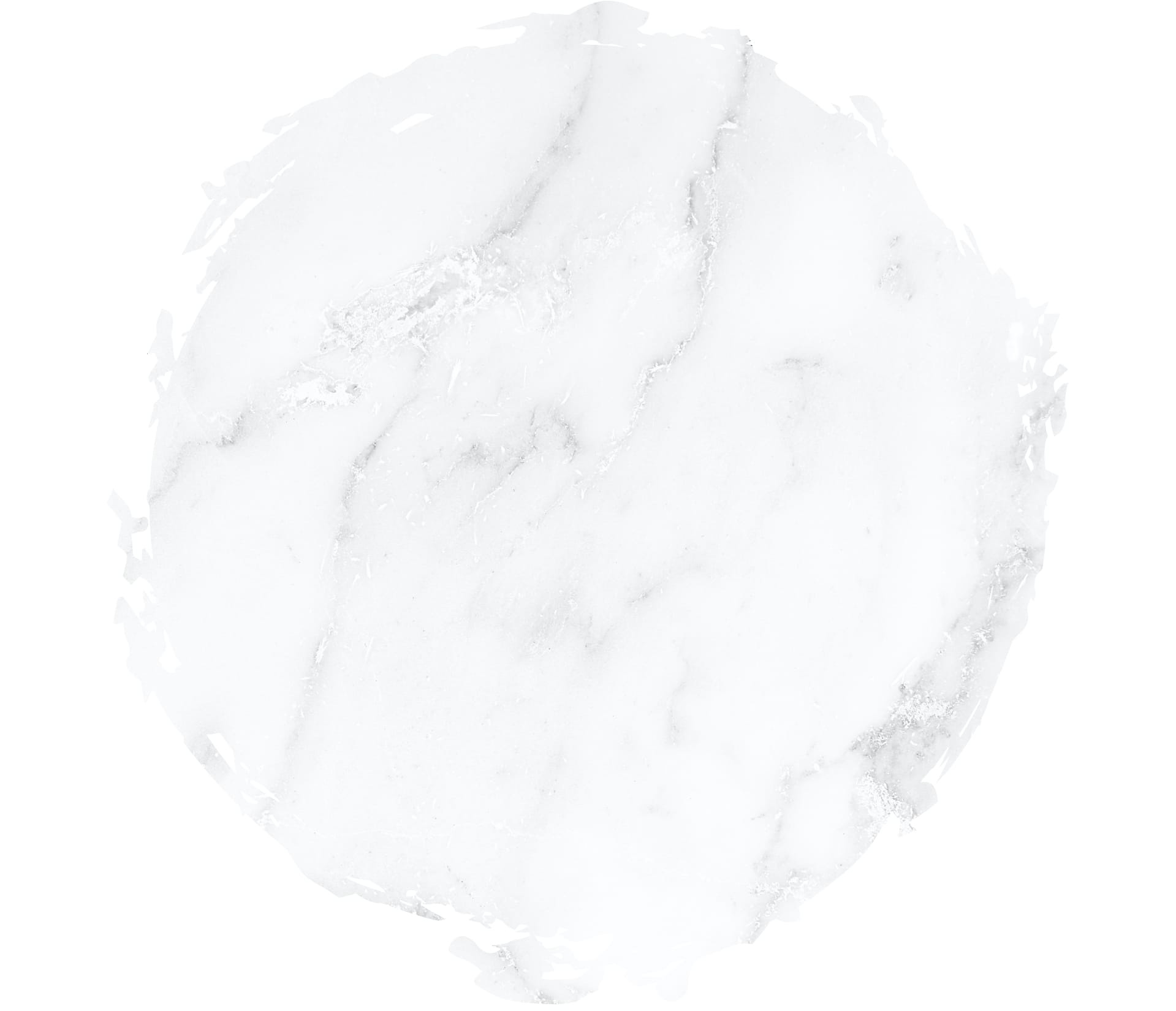
Our Brands

